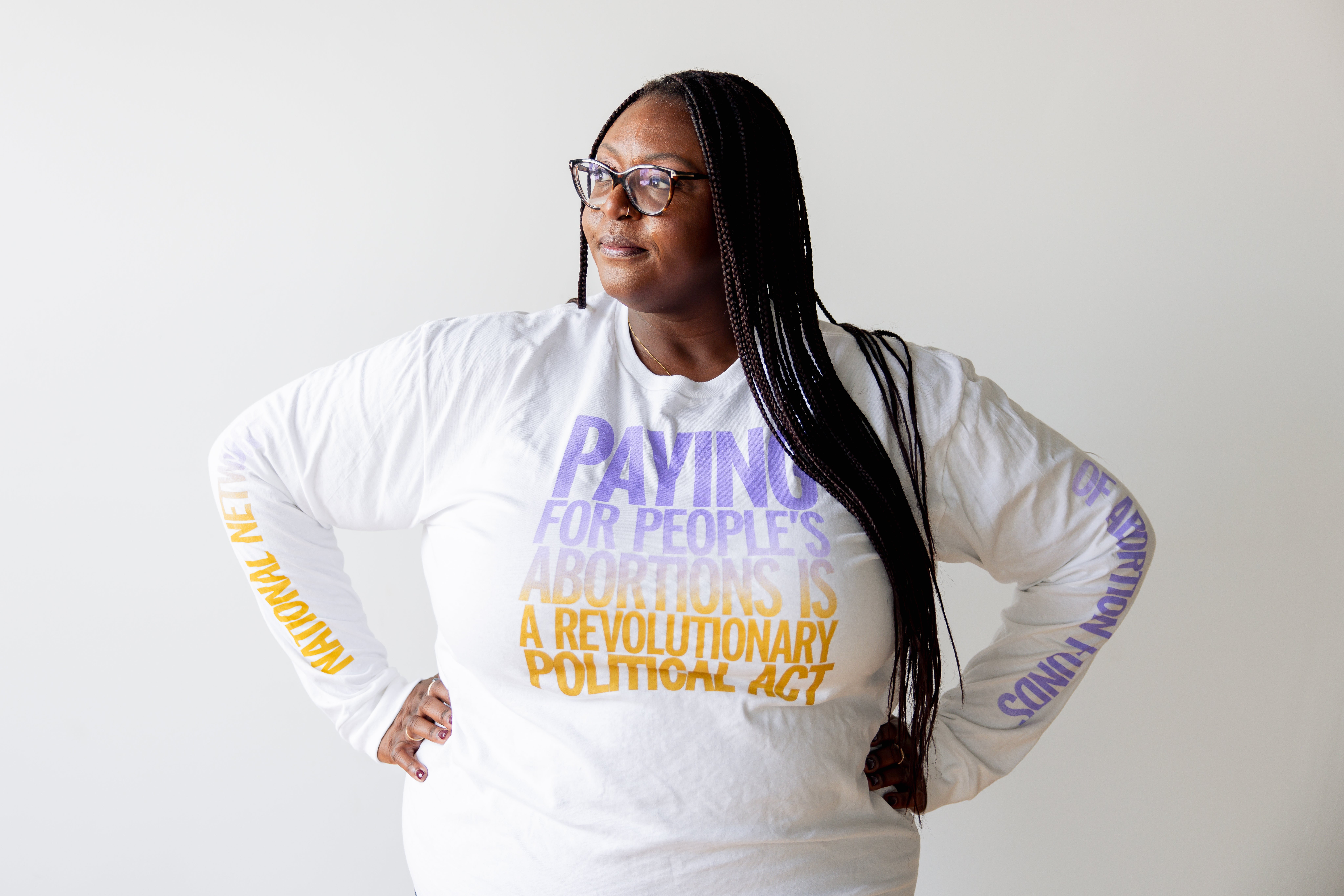Raise your hand if you’ve ever heard a new term and just adopted it to sound smart. (No, just me?) Well, here’s a term you’ve likely heard floating around in the last couple of years, reproductive justice.
Suggested Reading
If you don’t know what reproductive justice means, or where it came from, trust me you’re not alone. Thankfully, we have an expert on hand to give us the low down.
The term may seem new, but it was actually coined in the 1990s by a group of 12 Black women, including our Root 100 honoree Loretta Ross.
“When we hear reproductive justice a lot now, we’re getting this whitewashed watered down version of the original intention of the founding mothers,” says Njoku.
What these Black women realized, says Njoku, is that white feminist spaces weren’t holding space for their experiences. “The reproductive rights movement focused... on this binary choice to be a parent or not be a parent,” says Njoku, “when we’re making choices it has to do with our race and our gender, and the environment that we live in.”
Without addressing larger issues like economic inequality, racism and environmental injustice, choice can’t exist, explains Njoku.
So these women came-up with their own framework. Reproductive justice includes “the right to have a child, the right to not have a child, and the right to parent a child in a safe and healthy environment.”
That means issues like clean water, the fight for 15, and abortion all fall under that reproductive justice framework.
Njoku says that folks are starting to understand reproductive justice more, but that it’s a work in progress.
“Understanding what reproductive justice means as a concept, but then living it, and practicing it is something different,” they said.
During the election she started to see that shift in the media about seeing abortion as both an economic and bodily autonomy issue.
“When we’re thinking about what overturning Roe has done to the ability of folks to get their abortions, we’re talking about not only spending $500... we’re talking about now who’s going to watch your kids, how are you going to pay for your ride,” she says. “[While] trying to support the family that you already have.”
There’s no way to separate the fact that the abortion decision meant that a health care service was now being further determined by where you live and how much money you have, from economic justice issues, she says. Fundamentally all of these issues are a part of the reproductive justice framework, they say.
“Part of our responsibility as activists and folks in this movement is to get people to really understand this is you, these are our lives,” she says. “It’s not just a women’s issue.”
Straight From 
Sign up for our free daily newsletter.



